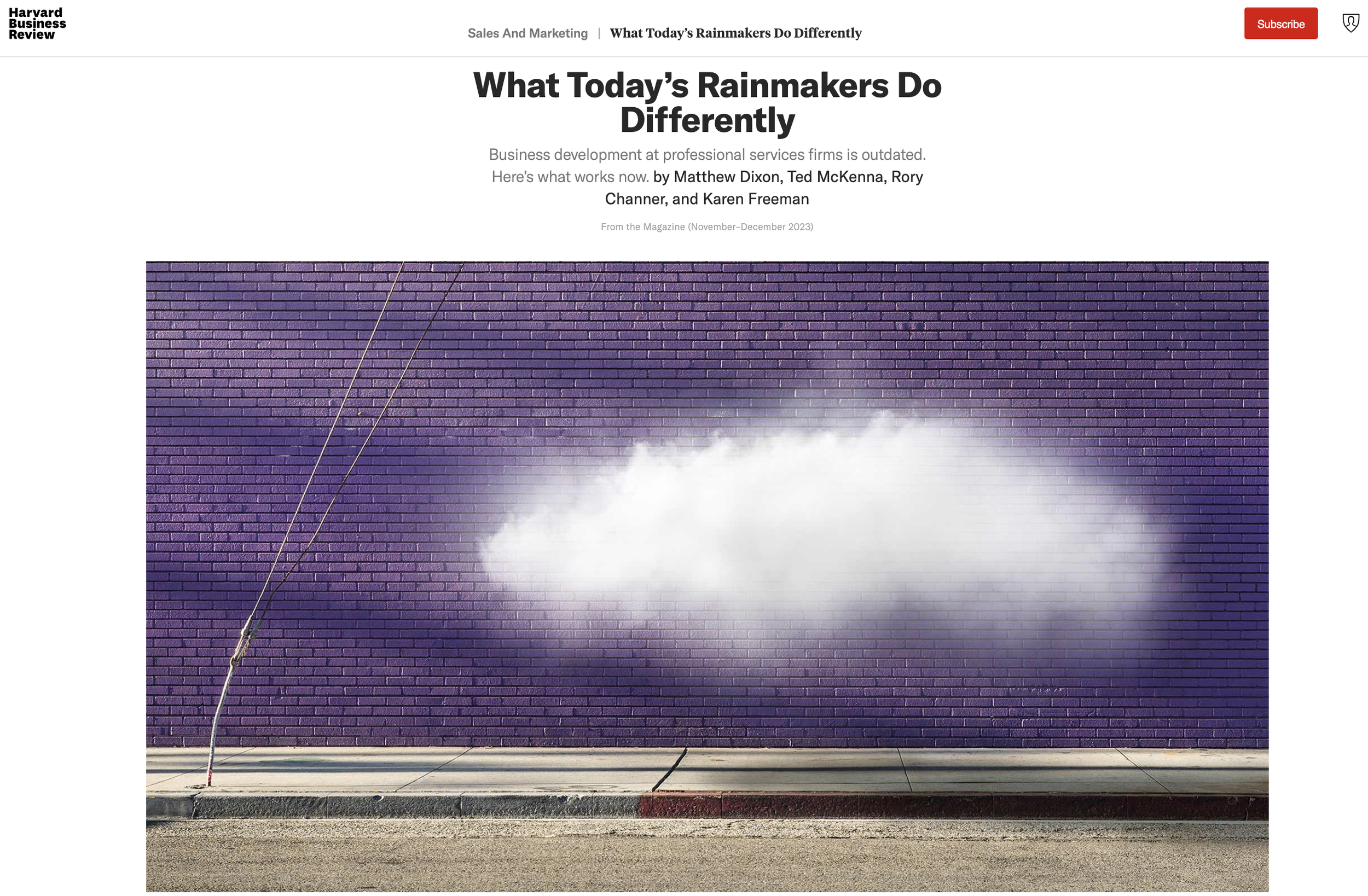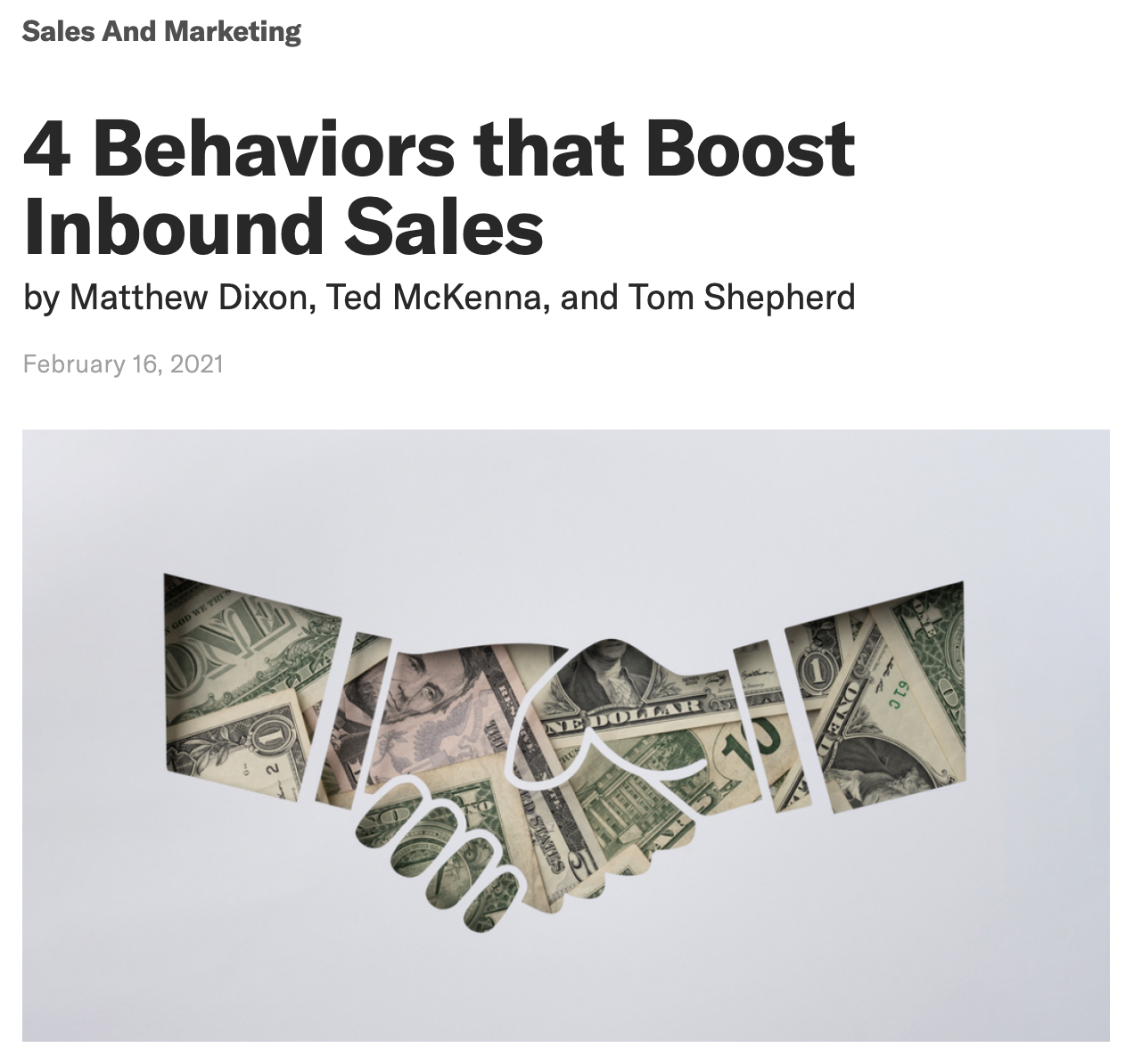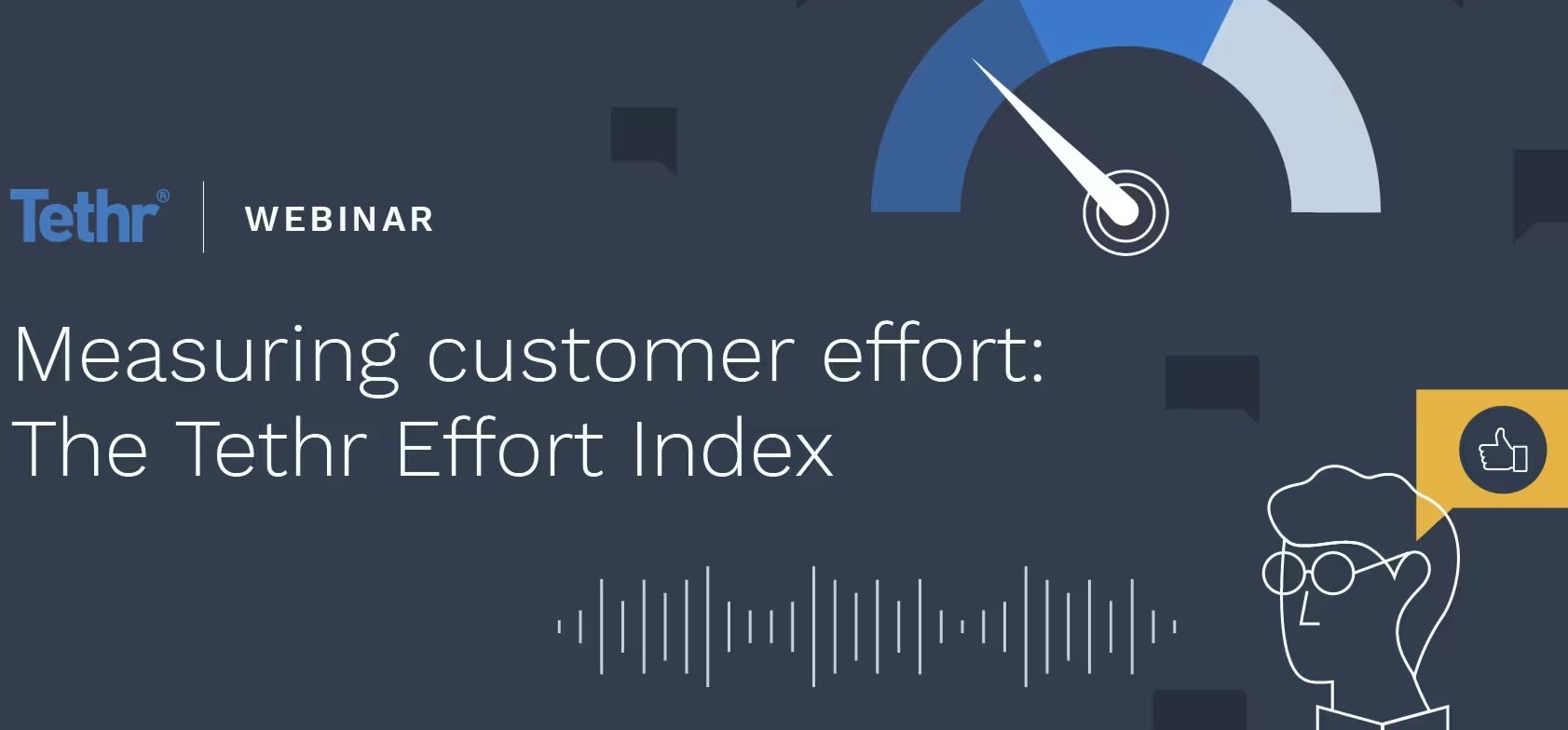Ted’s research
Ted is a co-author of the bestselling book, JOLT Effect: How High Performers Overcome Customer Indecision and a frequent contributor to the Harvard Business Review.
He is an expert researcher having spent more than 20 years using modern research methods to examine behaviors in many parts of the buyer-seller journey, customer experiences, leadership decision making, and diversity and inclusion.
Ted’s work as Co-Author and/or Lead Researcher
-

Harvard Business Review
For decades, salespeople have been taught that there is only one possible reason for lost sales: that salespeople have failed to defeat the customer’s status quo. Perhaps the customer doesn’t fully appreciate the problem that their solution is designed to solve. Or maybe they don’t yet see enough daylight between their company’s solution and that of the competition.
-

Harvard Business Review
As “doer-sellers,” professional services partners are responsible for not just delivering services but also the entire business-development process. In this article, the authors identify five statistically determined profiles that professional services partners fall into, only one of which is correlated with positive performance, and they lay out the three key behaviors of a successful business-development approach
-

Harvard Business Review
Most sellers struggle to cut through the noise with messages that actually resonate. Much of this is rooted in a lack of understanding of the buyer's business. New AI tools hold the promise to change this, especially when put directly in the hands of frontline teams. Our study details findings that help us all better understand how sellers can boost the relevance and resonance of their sales engagement efforts.
-

Harvard Business Review
Particularly during the pandemic, when face-to-face visits with customers have been constrained, inbound selling in calls centers has become more important to company revenue. New research uses recordings of millions of such calls, analyzes the way salespeople drive the conversation, and record whether the call results in a sale.
-

Harvard Business Review
To better understand the impact of this crisis on customer service departments, our team at Tethr (an AI and machine learning venture) recently completed a study of roughly 1 million customer-service calls involving more than 20 companies representing a broad cross-section of industries. All of these calls took place between March 11, when Covid-19 was declared a pandemic by the WHO, and March 26.
-

The Art of Sales Rebuttals
Using AI and Machine Learning to unearth surprising ways high performers respond to customer objections.
-

Measuring Customer Effort: The Tethr Effort Index
Ted McKenna introduces the market’s first predictive Customer Effort Score, a deep learning AI model that predicts customer sentiment based on conversations with customer service agents.
-

The Limitations of Using Text Analytics to Analyze Conversations
Ted explains the difference between traditional text analytics tools and advanced conversation analytics tools. How data is classified makes a bigger difference than you might think in terms of insight quality.
-

Quality Assurance is a People Problem, not an Automation Problem
Change at the frontline is still a largely human endeavor yet the march towards automation contributes to poor employee experiences.
-

Customer Effort: Through an AI Lens
A lot has changed across the customer care and CX landscape since the customer effort score (CES) was invented more than 10 years ago. Now one of its original creators looks back to its foundational principles and forward to its future applications.
-

The Evolving Path to CEO
We examined the choices made by more than 1,000 boards and CEOs in North America and Europe. A study of the types of roles CEOs decided to take, the experiences they sought, and the opportunities they seized along the path to the CEO spot. The selection of these individuals reflect the choices made by thousands of board directors at many of the best-performing companies in the world.
Ted’s work as a contributing researcher
-

It's Time to Measure Board Inclusiveness
In an effort to help clients build more sustainable board diversity methods, we studied all corporate directors in the Fortune 500 (in total, more than 4,800 board seats), cataloguing the backgrounds of more than 4,800 board directors.
-

Harvard Business Review
Our article in the current issue of HBR, “The End of Solution Sales,” has created quite a stir among B2B sales professionals and pundits alike. While supporters see a fresh and accurate articulation of current challenges facing the profession — some even suggesting that we didn’t go far enough in declaring the end of the solution sales approach — detractors accuse us of everything from academic arrogance, to misrepresentation of current sales approaches, to cynical link baiting.
-

Harvard Business Review
The phone rings at your desk — it’s a big potential customer and they want you to come in and make a presentation. They have budget approval and consensus, up to the highest levels of the organization, to move forward on a major purchase. Their specs line up perfectly with what your company can deliver. And, you’re on the customer’s shortlist — they’ve narrowed it down to you and two of your biggest competitors.
-

-

-

-

-

Harvard Business Review
Every leader knows that the compensation plan plays an important role in recruiting and retaining the best talent. But what these executives often don’t realize is that how they communicate about pay can be as important as the plan itself.
-

Harvard Business Review
Most sales and service organizations have invested more time and effort in the past five years in improving managers’ coaching of reps than they did in the previous 50. This makes perfect sense: research by the Sales Executive Council shows that no other productivity investment comes close to coaching in improving reps’ performance.ere

